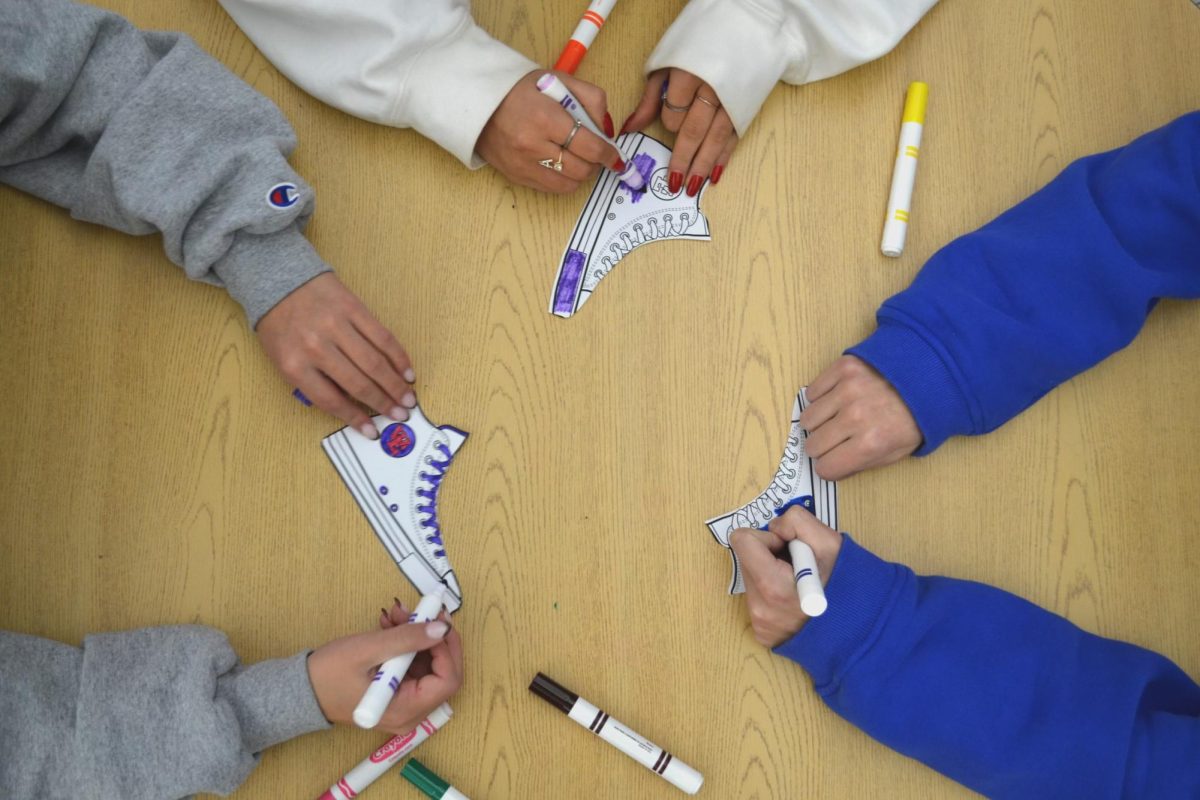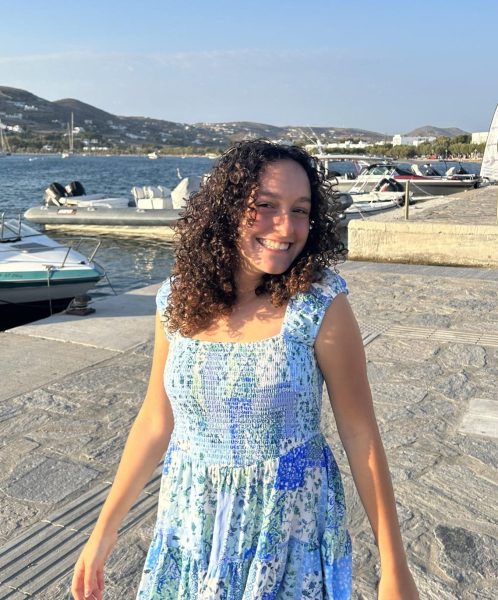The administration announced that for the 2023-2024 school year, West Essex will be participating in the Anti Defamation League’s “No Place for Hate” (NPFH) program, which aims to combat hatred based on one’s religion, race, ethnicity, sexual orientation, gender, etc.
This program has the potential to educate students and create lasting change to the culture of our school. However, this is only possible if it is taken seriously by students and implemented intentionally by teachers and administration.
Schools who successfully complete the program will receive a banner declaring the school a “No Place for Hate” school. This runs the risk of appearing performative. We must ensure our intentions are pure, that our goal is improving the school’s culture over any metaphorical (or literal, in this case) gold star or pat on the back.
Students’ attitudes toward the program will determine its success. If students view NPFH activities as something that gets them out of a period of lecturing, rather than time dedicated to combating hatred, they will brush it off. Unless they understand the reasons for the program and the goals it aims to achieve, students are likely to stay quiet during discussions and not pay attention.
The remedy to this lies in the way it is explained. I believe that the majority of students at West Essex want to make our school a place where hatred is not tolerated nor normalized. But, they are working at a disadvantage if they don’t truly understand the program.
If students interpret this program as just “anti-bullying,” it runs the risk of falling into an unfortunate cliché, one filled with memories of outdated PSA videos and simple posters. Obviously, anti-bullying is an important value to instill in West Essex students, but those goals differ from that of the NPFH program. In this case, it dilutes the goals of combating bias to something that seems familiar and overdone.
Throughout our entire school careers, we have been taught about bullies and bystanders, and the importance of being kind and inclusive. We’ve seen all the videos of people being left out on the playground, or coming home to mean comments online. At first, they were helpful. But at some point, students stopped listening and started tuning it out, since we’ve heard it all before.
But, this program is different. Moving beyond kindness to social justice is a core part of the ADL’s goals in the implementation of this program.
“Sometimes in schools and in society at large, kindness and social action get conflated,” the NPFH Resource Guide states. “They are not the same. It is important to make the distinction because many schools hope to engage young people in social action work, yet mistakenly focus on kindness because they think it will lead to social justice outcomes.”
The goal of this program is not for students to start being kind to each other. It is working on the assumption that they already know to do that. It’s about understanding the root of hatred and working to actively help fix the broken systems that allow it to be so prevalent.
In a similar vein, we can’t be afraid of the truth. If something is racism, we have to call it that. If something is antisemitic or islamophobic, we have to use those words. If we call it all “unkind,” it downplays the situation and ignores the systemic issues that cause the hatred to be there in the first place.
Dissecting the pledge in English classes was the first step in ensuring students understand the true intentions of this program. Now, it is on the students to pay attention to what their classmates have to say, listen to struggles that may differ from their own and participate themselves. The best way for this program to have a major impact on a student relies on their own involvement. It is extremely important that students take this program seriously to help improve our school’s social climate.
But, still, the difficult question staff and students must ask themselves is: How will we ensure that these goals go past isolated conversations once a marking period?
One of the most important answers to this question lies in the students themselves. They are the administration’s best resource in combating hatred and truly changing our school’s culture. The administration is collecting feedback and ideas from English class discussions along with holding meetings to discuss what they have heard, working first-hand with students on the Student Advisory Panel.
But teenagers are skeptical that their voices are being heard. They need to see tangible evidence that their input is being taken seriously. The more difference they feel they can make, the more likely they will be willing to participate and share their ideas. That being said, this also relies on student involvement and willingness to come up with attainable, helpful solutions, even if it means dedicating a few more minutes to thoughtful ideas.
The administration is putting in an impressive, commendable effort to better West Essex culture. But, it is on all of us to ensure this program does not fall short in the follow through.




